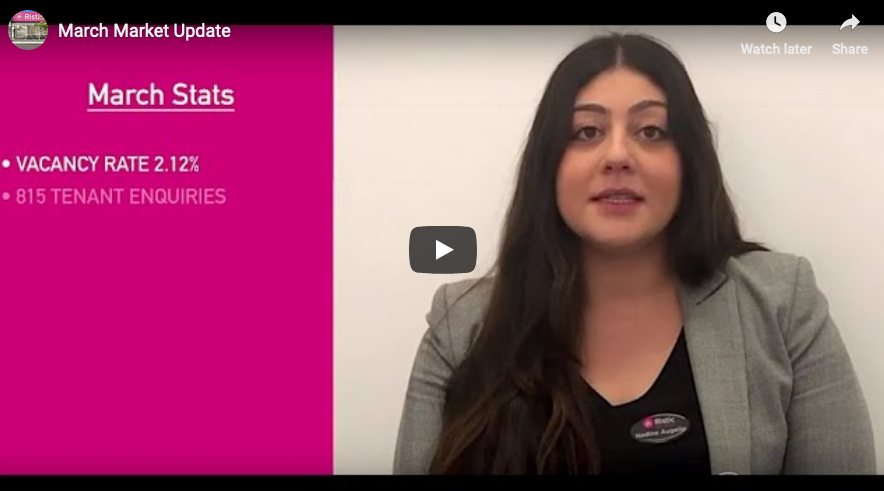Five Common Property Investing Mistakes
Property investing has long been a mainstream investment strategy for both novices and experts alike. Yet, as rewarding and effective as property can be as an investment, there are some pitfalls that are unfortunately all too common. These can render investments potentially ineffective, if not costly. Here are a few key areas to consider before buying a property, making offers or signing on the dotted line.
Poor financial structures
With property being a major purchase and one that attracts considerable costs in addition to the purchase price, such as stamp duty and legal fees, it is important to consider the ‘how’ of buying just as much as the ‘what’. Other than buying the investment in your own name, you might want to set up a family trust or use your superannuation fund and turn it into a Self-Managed Super Fund (SMSF), to undertake the purchase. Changing the ownership of the property later is going to be a costly exercise, so it is worth considering the options before you decide to buy the right property. Likewise, with the many loans and mortgage products out there, it is good to consider the options before you pursue the right property. Getting the right advice from suitable professionals with experience in structuring investment portfolios is highly recommended.
Lack of solid research and due diligence
Researching the market, looking at competitive pricing, rentability, vacancy rates, and proximity to employment centres, education, transport and shopping should all be part of your due diligence process for sourcing a suitable investment property/location. This should happen well before you even think about buying a property, which many investors overlook. In addition, undertaking research into infrastructure, both current and future, should be a priority as these can have a major bearing on the performance of your investment over time.
Using emotions to make decisions
The most important thing to remember is that you are not buying a home – you are buying an investment. All too often people make investment decisions based on emotion rather than looking at the figures that should be the basis of any investment decision.
Over-borrowing without a safety buffer
Interest rates are the lowest they have been and now is the time to buy. However, always allow yourself a buffer in case there is a shortfall in rent; the property requires unexpected repairs or maintenance, or the interest rate goes up.
All these factors can easily occur and you should never leave yourself in a vulnerable situation causing unnecessary stress or potentially even jeopardising your investment. A rule of thumb is to allow for at least 3 months of costs as a buffer as well a having all relevant insurances in place to minimise risk and protect your investment and your capital.
Lack of strategic planning
Fail to plan then plan to fail. It is important to have an investment plan. Know how you need to finance the property and how it will build your wealth. Know your short and long-term goals. Will it reduce your tax bill (negative gearing), add extra income or are you looking at buying with a view of renovating/redeveloping it later?
Property investing is a great wealth creation strategy. To avoid unnecessary risks and mistakes, it is always wise to seek advice from people that are experienced. Seek out qualified experts who hold their own successful property portfolios.




